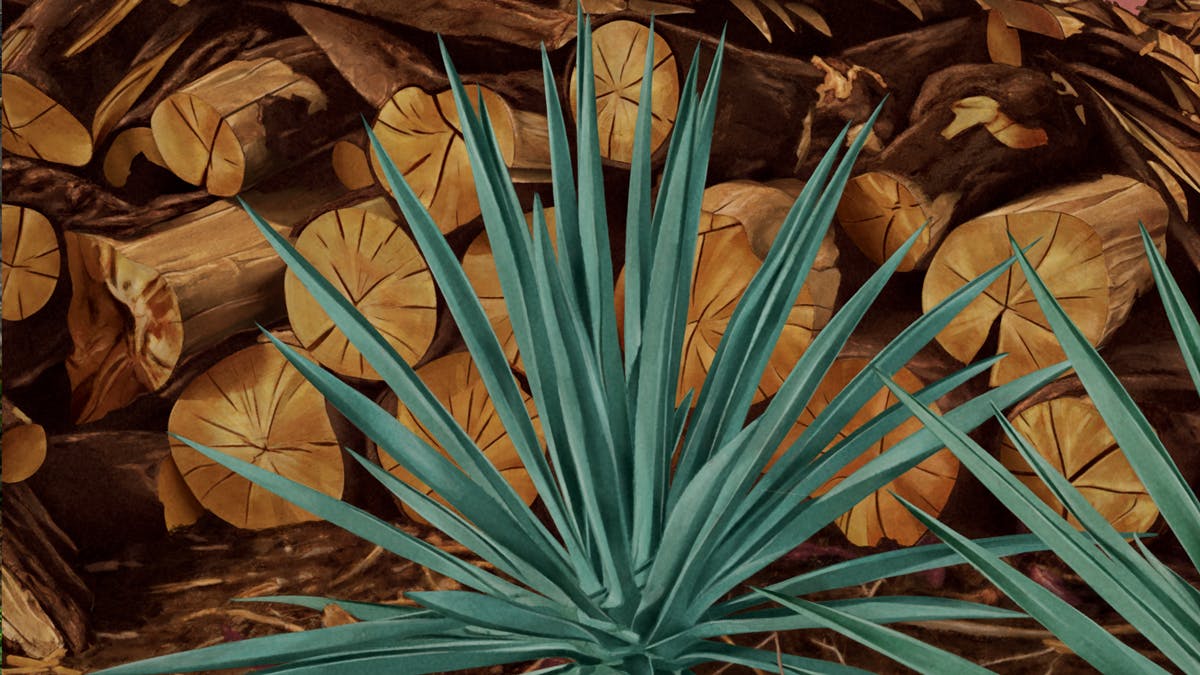Circular making

We share a world of finite resources, under huge pressure. We minimise waste at every step by imagining, producing and distributing our products and experiences in ways that optimise and help preserve natural resources.
In moving towards a more circular business model, we are actively working to preserve and regenerate our natural resources at every stage in our value chain - from how we source raw materials to how our products are produced and manufactured and then ultimately reused or recycled. We are consistently working on reducing our carbon emissions and water use, and adapting our business to ensure resilience in the face of climate-related risks. In our own operations, we are improving energy efficiency, implementing new technologies and alternative energies, and procuring renewable electricity for our sites and offices. We are also working closely with our supply chain to help reduce our carbon footprint linked to packaging and agricultural materials, as well as logistics.

Agave, Palenque Chichicapa, Mexico
Our water stewardship
Water is a precious resource and essential to making our iconic brands - from crop irrigation to the processing of raw materials, distilling and blending eaux-de-vie. As part of driving water stewardship, Pernod Ricard has made strong commitments to reduce water consumption in its operations, support the replenishment of water-stressed basins where production sites and co-packers operate and preserve water quality.
Irish distillers have developed a rainwater harvesting system to capture rainwater from the warehousing area at Midleton Distillery. The harvested rainwater undergoes the same treatment as other raw water and is used as process water instead of usually abstracted river water, saving 13,953m3 between March and June 2024.
Pernod Ricard India’s Water, Agriculture, and Livelihood (WAL) programme promotes circular and sustainable water usage in rural communities, managing watersheds with over 1,400 rainwater harvesting structures built and replenishing 3.5 billion litres of water, as well as empowering women and small holder farmers.
